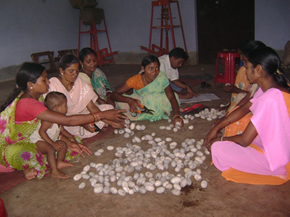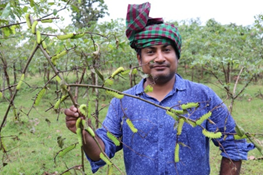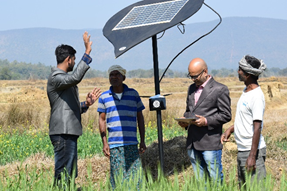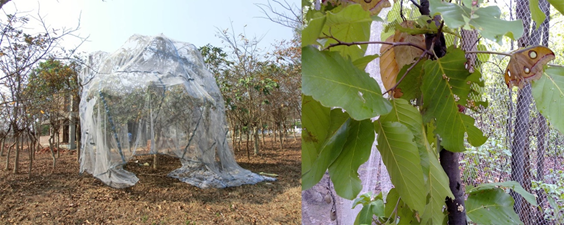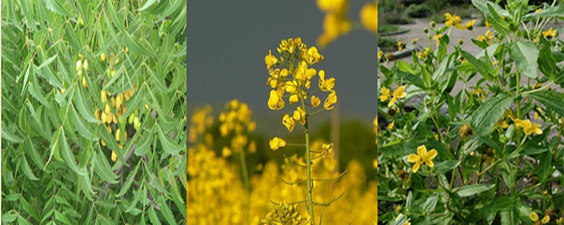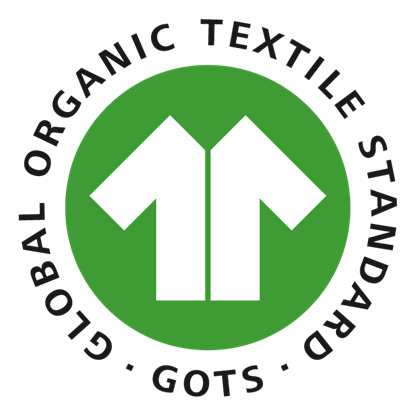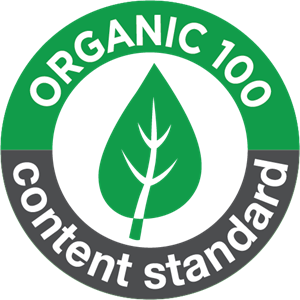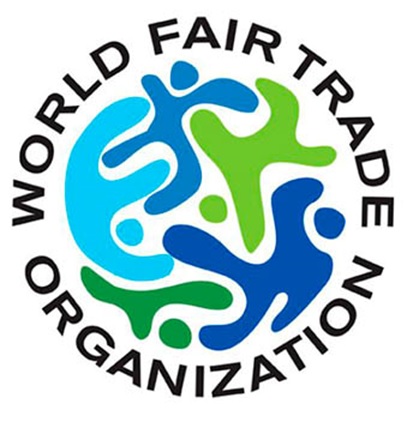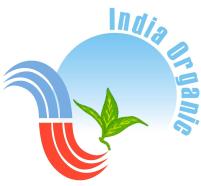
German Sustainibility Awards Design 2021 winner, social entrepreneurship turned sustainable fashion label Cocccon, Creativity Can Care, has changed the way world perceives sustainable fashion.
Cocccon has entrenched itself as a renowned luxury fashion label, recognised for signature peace organic silk delivering exotic colours, patterns and prints. Further producing prêt-à-porter collections grounded by its aesthetics and accentuated with vibrant Indian influences.
Closely intertwined lies the label’s allegiance to premium, authentic materials promising the ultimate in quality – from organic silk to exceptional blends.
Refined and sophisticated, with a striking edge and a luxurious spirit, Cocccon offers exquisite craftsmanship, premium materials and timeless design, from Germany to the world.
The unique business model adopted by Cocccon has created abundant employment opportunities in rural India. Addtionally, expanded sustainable fashion options beyond organic cotton or hemp with high quality silk. The invention of organically produced cruelty-free silk has made a large impact on bio-diversity in Jharkhand region. The project has produced an example for the industry that fashion and nature can exist in unity. This project is also known as Fashion4biodiversity.
This Indo-German venture is based on a social responsibility platform, where sustainable utilisation of manpower, ecology and natural resources is continuously applied.
This project has greatly enhanced its’ position in international sustainable fashion and living standards of the project members. Silk rearers to weavers have a comfortable lifestyle and their children are attending local schools. The women in the group are able to adapt their new professional skills allowing for social and economic self-dependency.
As Cocccon do not use any chemical substances on the host tree for silk worms, there is possibilities of double crop production. Furthermore, cultivation of rice and potato has been successfully completed along with our host trees. Ecologically, the entire region appears significantly greener than in the past.
